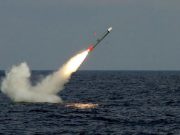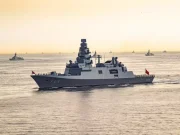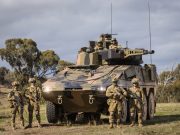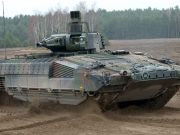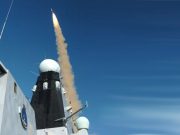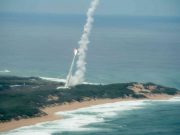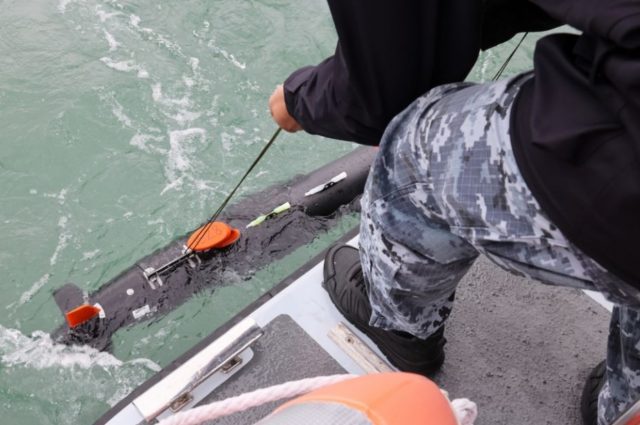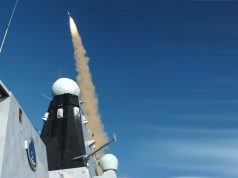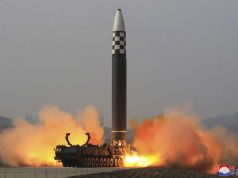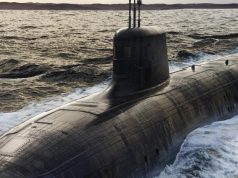The UK is transferring minehunting underwater vehicles to Ukraine that will boost the country’s ability to clear its coastline of Russian naval mines.
In addition to the six Remus 100 autonomous minehunting vehicles, the UK will also train Ukrainian personnel in Britain to use them.
Three of these will be provided from UK stocks, with a further three to be purchased from industry.
The lightweight autonomous vehicle is designed for use in shallow coastal environments, operating effectively at depths of up to 100 meters to detect, locate and identify mines using an array of sensors so the Ukrainian Navy can destroy them.
Dozens of Ukrainian Navy personnel will be taught to use the drones over the coming months, the UK defense ministry said, with the first tranche having already begun their training.
“Russia has been weaponizing food by destroying Ukrainian agriculture and blockading the country’s Black Sea ports to prevent exports, with devastating consequences for the world’s poorest people as food prices rise,” the defense ministry said.
A small number of ships carrying grain have left Ukraine since the UN brokered a deal in July to allow food exports, but efforts to get food out of the country continue to be hampered by sea mines left by Russian forces along Ukraine’s coast.
“Russia’s cynical attempts to hold the world’s food supply to ransom must not be allowed to succeed. This vital equipment and training will help Ukraine make their waters safe, helping to smooth the flow of grain to the rest of the world and supporting the Armed Forces of Ukraine as they look to defend their coastline and ports,” UK defense secretary Ben Wallace said.
The Royal Navy’s Diving & Threat Exploitation Group will conduct the three-week training courses, alongside the US Navy 6th Fleet.
Having considerable experience using the equipment already they will conduct training at sea to operate the vessels and interpret the data they send back to identify mock mines.
“Through the expert skills being taught here, our Ukrainian allies will be able to clear their own waters of mines. These weapons target shipping indiscriminately, but particularly affect civilian traffic and trade and have had a devastating impact on freedom of navigation in the Black Sea,” Admiral Sir Ben Key, First Sea Lord and Chief of the Naval Staff, said.
The Royal Navy is also training Ukrainian sailors to operate Sandown-class minehunter vessels. Armed forces minister James Heappey and his Ukrainian counterpart Volodymyr Havrylov visited Scotland in July to watch trainees practicing key skills at sea, such as weapon drills and damage control, whilst learning to operate the machinery on the vessels.
The UK is also leading an international program to train up to 10,000 Ukrainian volunteer recruits in basic military skills, which Canada, Denmark, Finland, Sweden, Norway, New Zealand, Lithuania and the Netherlands have all announced they will support.





